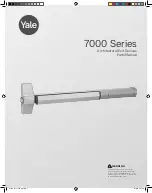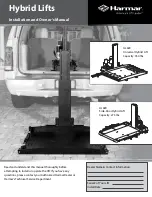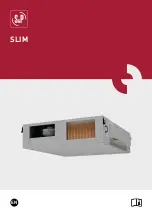
26
Basic MIG Welding
.
10
°
wire pointed ahead of bead
wire pointed back into bead
travel direction
travel direction
travel direction
(A) Push Technique
(B) Gun Perpendicular
(C) Drag Technique
10
°
flat even weld profile
light penetration
narrower weld profile
even penetration
narrow higher weld profile
more penetration
Good weld quality and weld profile depends on gun angle, direction of travel, electrode extension
(stick out), travel speed, thickness of base metal, wire feed speed (amperage) and arc voltage.
To follow are some basic guides to assist with your setup.
Gun Position - Travel Direction, Work Angle
Gun position or technique usually refers to how the wire is directed at the base metal, the angle
and travel direction chosen. Travel speed and work angle will determine the characteristic of the
weld bead profile and degree of weld penetration.
Push Technique - The wire is located at the leading edge of the weld pool and pushed towards
the un-melted work surface. This technique offers a better view of the weld joint and direction of
the wire into the weld joint. Push technique directs the heat away from the weld puddle allowing
faster travel speeds providing a flatter weld profile with light penetration - useful for welding thin
materials. The welds are wider and flatter allowing for minimal clean up / grinding time.
Perpendicular Technique - The wire is fed directly into the weld, this technique is used prima-
rly for automated situations or when conditions make it necessary. The weld profile is generally
higher and a deeper penetration is achieved.
Drag Technique - The gun and wire is dragged away from the weld bead. The arc and heat is
concentrated on the weld pool, the base metal receives more heat, deeper melting, more penetra-
tion and the weld profile is higher with more build up.
Summary of Contents for KUMJRRW250
Page 50: ...51 ...
















































